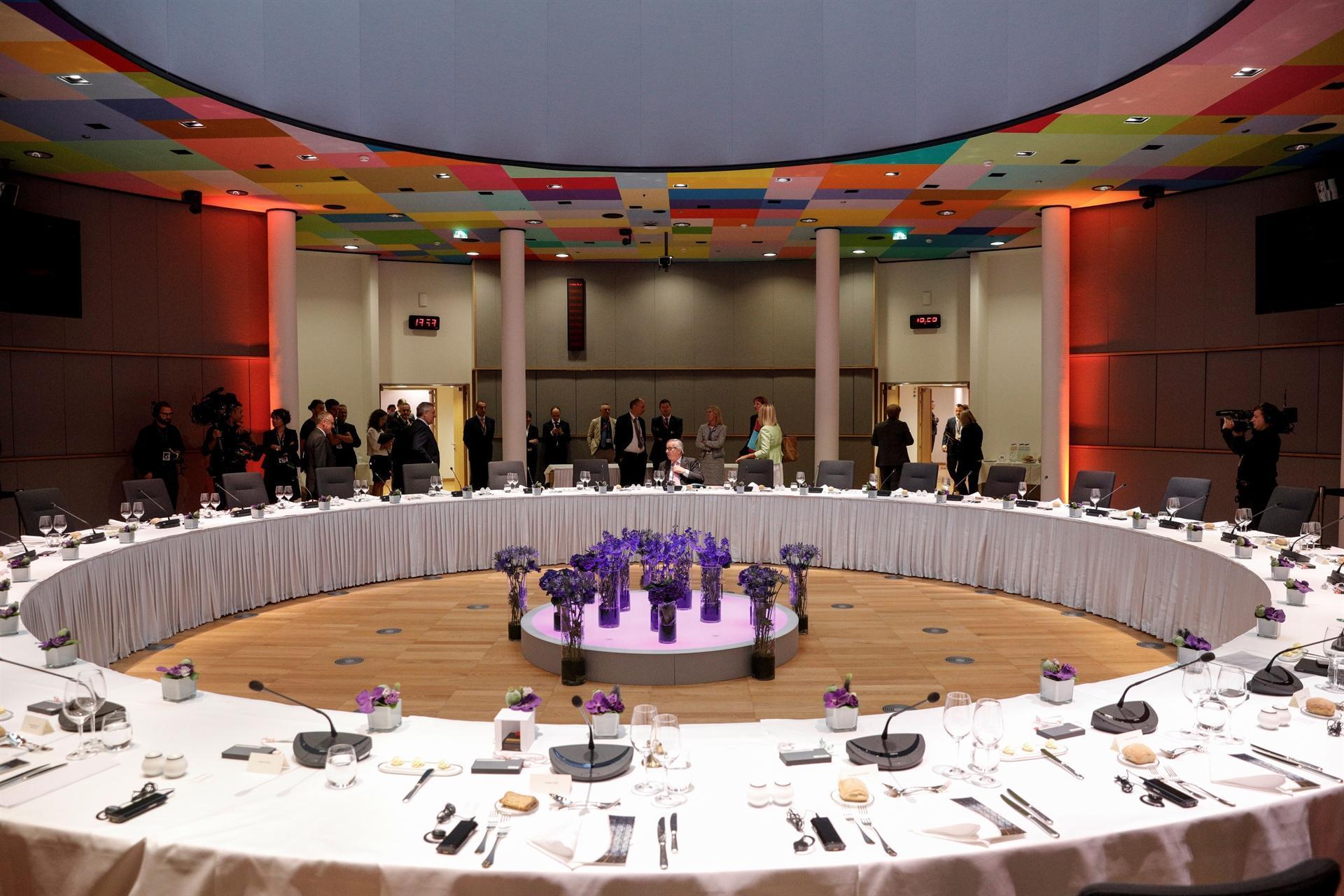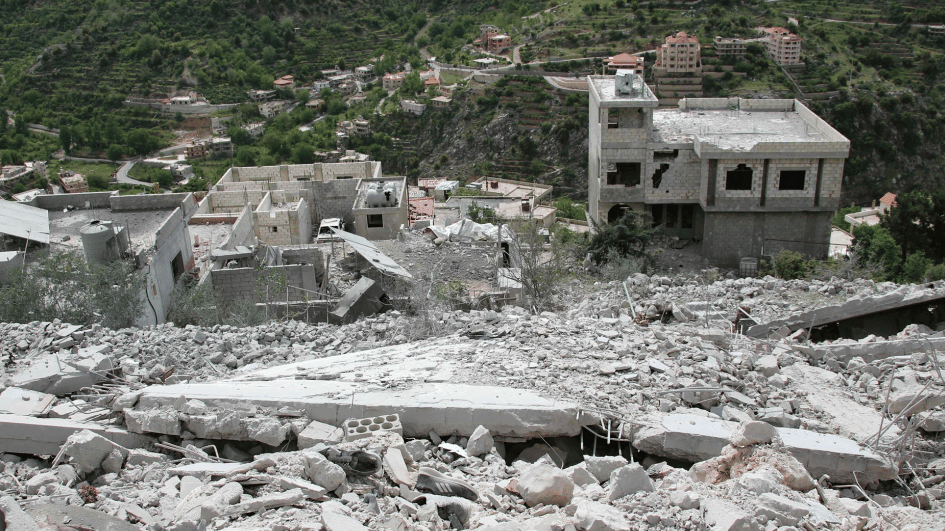EU top jobs summit in trouble as compromise falters
BRUSSELS-Agence France-Presse

European Union leaders were negotiating non-stop overnight into July 1 to fill top Brussels jobs, as a Franco-German compromise ran into stiff opposition.
France's President Emmanuel Macron and Germany's Chancellor Angela Merkel joined their EU counterparts in Brussels after developing a plan on the sidelines of the G20 summit in Osaka, Japan.
Under the "Sushi deal", the 28 EU leaders would nominate Dutch social democrat Frans Timmermans as president of the European Commission, the bloc's executive arm, rather than his conservative rival German MEP Manfred Weber.
Weber would instead be put forward for election as speaker of the European Parliament, while a liberal candidate would become president of the EU Council of national leaders.
But, when Merkel put this to fellow centre-right leaders in the European People's Party (EPP), several rebelled, and the summit was thrown into crisis as heads of government shuttled between side meetings late into Monday morning.
"The chances of breakthrough seem very weak," a European source told AFP, as the EU leaders sat for breakfast after overnight negotiations failed to reach a deal.
Trouble began when a working dinner started three hours late, only for the summit to be suspended an hour later to allow host EU Council president Donald Tusk to consult leaders individually.
Tusk's office said the summit would resume "once bilaterals completed", a break that lasted nine hours as the former Polish premier scrambled to get conservatives back on board.
Before the summit, Croatian Prime Minister Andrej Plenkovic warned: "There is no support for what circulated in media today."
Irish premier Leo Varadkar was also pessimistic.
"From the EPP point of view, the vast majority of EPP prime ministers don't believe that we should give up the presidency of the Commission quite so easily without a fight," he said.
A French source told AFP the breakdown in communication between Merkel and her fellow centre-right leaders came as a surprise.
"This summit was very poorly prepared," said one European diplomat, annoyed by the lack of consultation before the marathon session.
Officials said a new summit may be necessary to complete the deal, possibly on July 15.
For a nominee to go forward, he or she must secure the backing of 21 of the 28 EU leaders, representing 65 percent of the bloc's population.
Timmermans, the outgoing vice-president of the Commission, spearheaded EU efforts to impose its vision of the rule of law on authoritarian-leaning eastern members and is firmly opposed by Hungary and Poland.
But sources said Merkel and Macron were trying to corral the eastern countries around to Timmermans' candidacy which, if approved, could face a vote in the European Parliament on Wednesday.
Macron arrived at the summit in an upbeat mood, determined to push on with efforts to agree a power-sharing package, adding that the top jobs should be shared by men and women equally.
The 28 leaders are aiming to agree candidates for president of the European Commission, president of their own Council and a foreign policy chief.
"The way things are presented, they will not be very simple consultations, to put it mildly," Merkel, the bloc's most influential leader, said as she arrived.
Macron, however, reiterated the names of Timmermans, Danish liberal Margrethe Vestager and French conservative Michel Barnier.
He admitted he had been "hostile" to some candidates, implying Weber.
Merkel had discussed a four-person package at Saturday's G20 summit with Macron and prime ministers Pedro Sanchez of Spain and the Netherlands' Mark Rutte.
As vice-president of the Commission for the past five years, Timmermans has made enemies in the east of the EU.
Hungarian Prime Minister Viktor Orban, in a letter to EPP leader Joseph Daul, said Timmermans would be a "serious or even historical mistake".
Polish Premier Mateusz Morawiecki said: "Frans Timmermans is a candidate who deeply divides Europe and he certainly doesn't understand Central Europe."
Britain's Prime Minister Theresa May is attending her last EU summit. A spokesman said she would play a "constructive role" and would not abstain from any vote.
The EPP came out on top in European parliamentary elections in May, although with a historically low share of the vote and little-known Weber as its lead candidate.
















